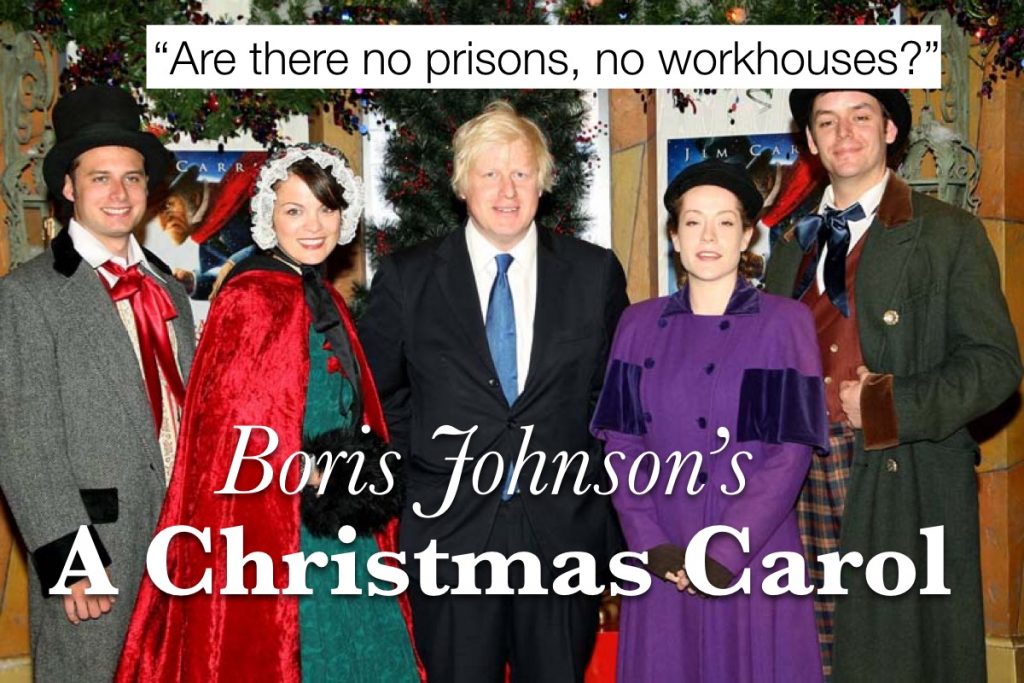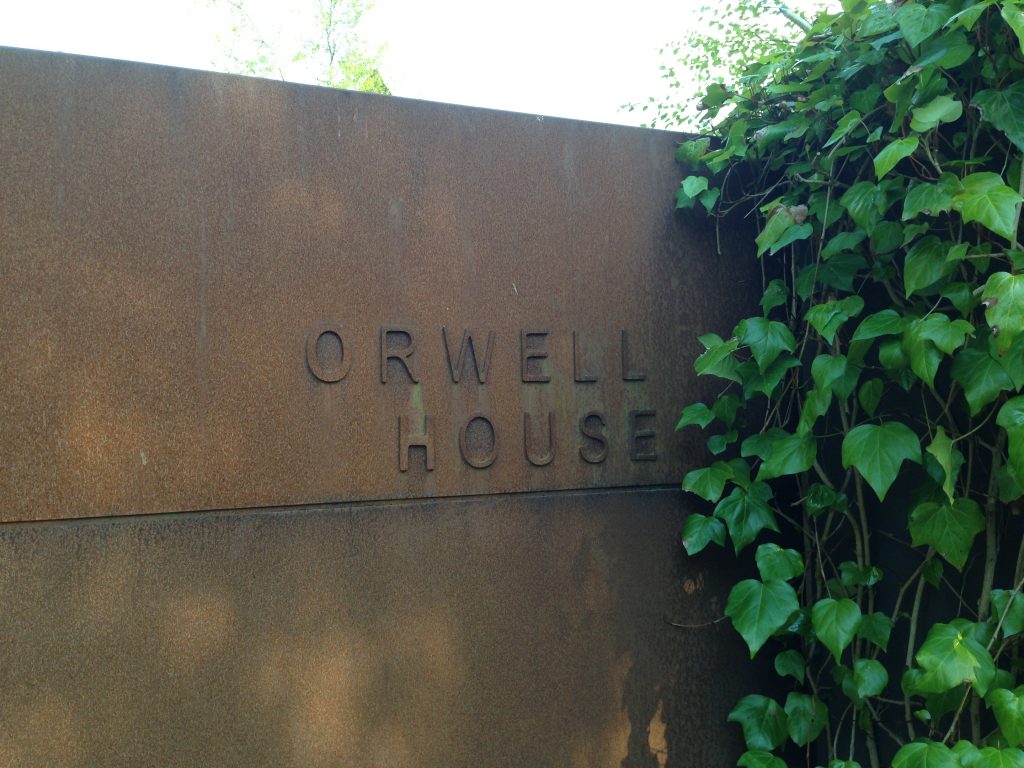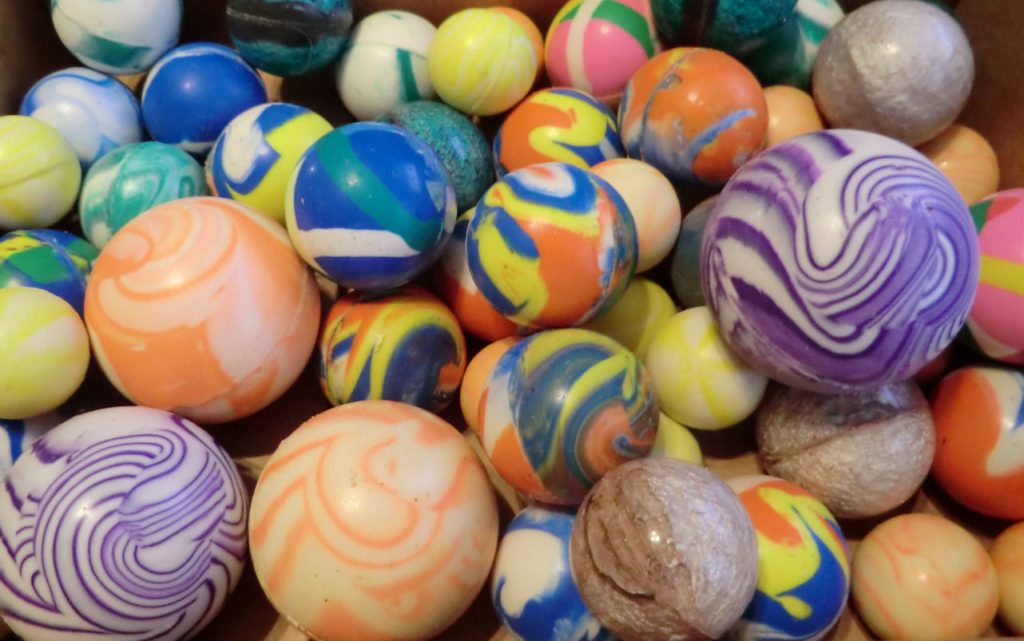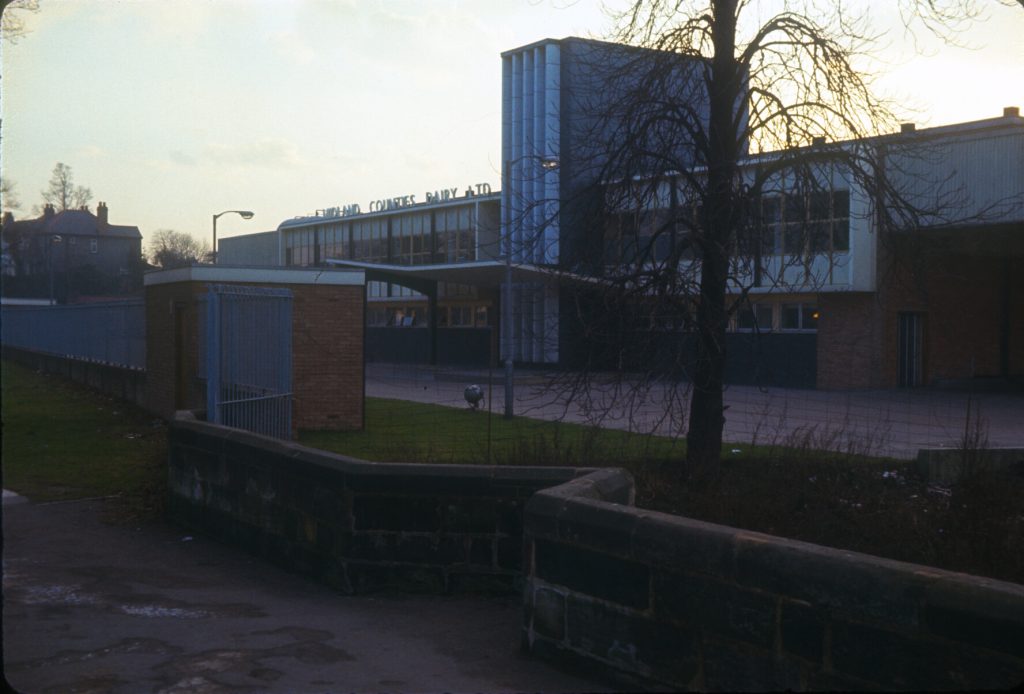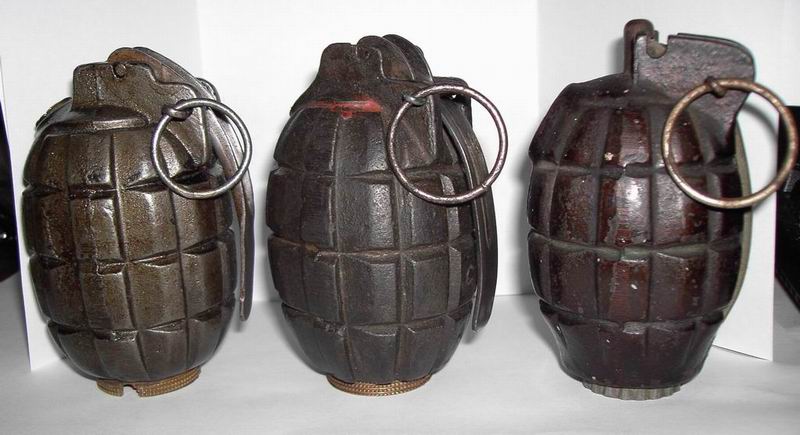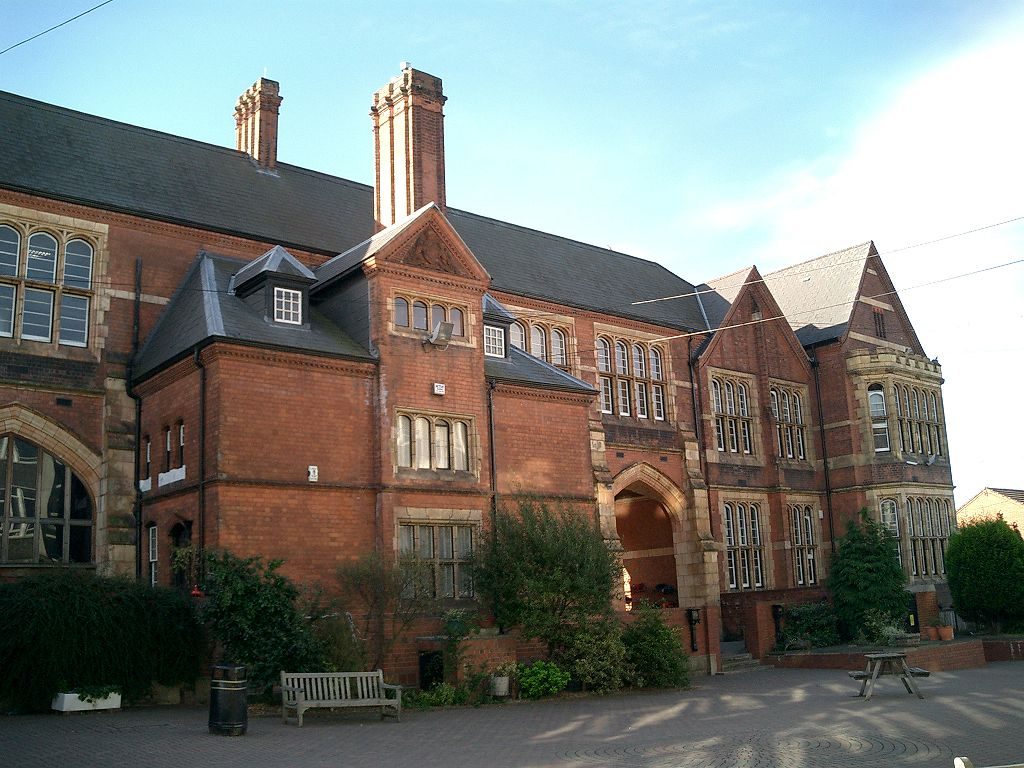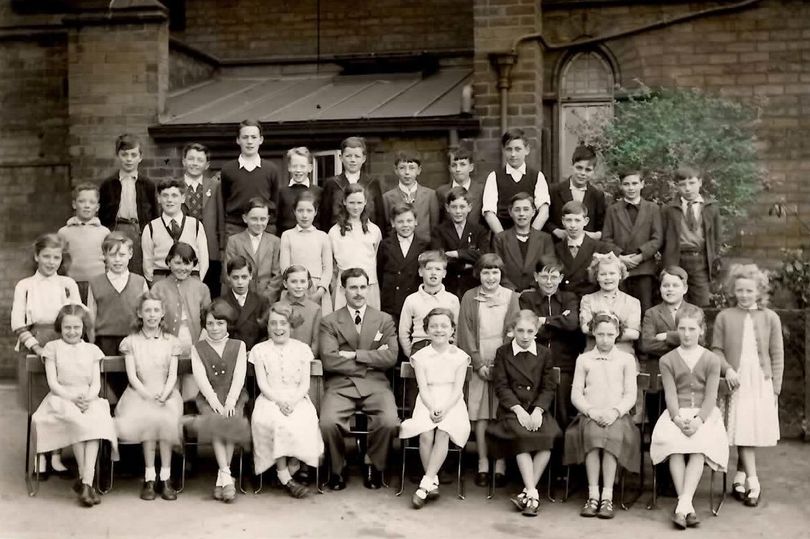You’ll never see the back streets in the same way I do. They change, things change fast round here, but even if they don’t your connection will not be the same. I won’t be able to show you the old pubs, the thick green leather stapled to the heavy wood, the splinters and the tears. But when it’s time, I’ll share a pint with you anywhere.
The streets have a new brick, clad with a special kind of fresh decay. There’s a new corner around every corner. The roads have moved themselves, move traffic differently. I won’t be able to show you the back ways. I haven’t kept up and that’s soon to be your problem — if you chose to care.
Will you care? I think so. Sometimes I feel such a deep connection to the roots of my caste I can’t believe you won’t. It’s often music that does it. Not in the simple proustian way, not always. I can feel the connection not only through chance hearings, yes, I catch Working In a Coalmine and am transported to the back room at Snobs as you’d expect, but there is something about musical culture that connects much more deeply. Music made by people I was, or am, or could have been – could have been because they were where we were. The rubble filled spaces that donkey jacket Dexy’s stood in were still the places I played football with a tennis ball, played cricket with a tennis ball, never played tennis with a tennis ball as we didn’t have bats or nets or flat ground. They took the train to Euston from the platforms I did, unsure of how to take the bigger city we reached. The platforms are the same now, but god only knows how to get to them. You’ll find them better than me.
The world is changing more quickly now than it seems it ever did. Even in the ‘80s I remember bomb sites, long-gone factories behind rough fences, compacted dust on which to park cars or cut through. The desire paths of our urban life, the secret passages and hollow ways through unwanted and overgrown spaces. Take the gulley, leave by the side gate to avoid the ticket collector, there’s a hole in the fence along here. The short cuts are the hardest to learn. We probably won’t share them, but there will be some.
We can go back, of course, we will. But my disconnect has become a fence without a hole, a song with a half-remembered melody. Maybe when I stumble across it it will connect us rather than divide us. Maybe we can discover new routes together, maybe there’s another version of Kiss Me that has the vibe of the country rather than just the rhythm of the factory. We can walk both, sing both. Maybe.
I’ll teach you what I can. Much of it will be wrong, or at least useless, configured for a town that isn’t mine really. Never was, I just lived in it and made my own maps. The winter darkness smeared with festive lights just highlights that as it obscures the way. But winter is a good time to sing together.
We can sing Mr Blue Sky at the end of the night, or the start of the game, or just in the street for no reason. I’ll sing with you anywhere.
It’s your heritage, your town now, if you want it.
